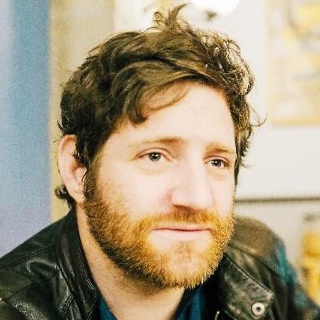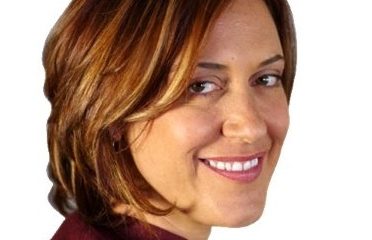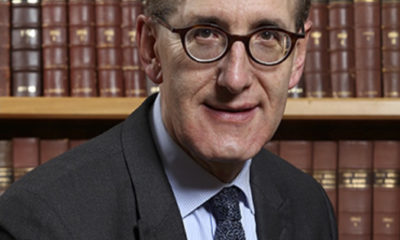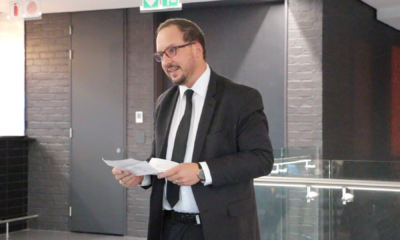
OpEds

Fifteen times South Africans didn’t care about BDS
Although Miss SA Lalela Mswane is the latest high-profile South African to be targeted for visiting Israel, bullying of this kind isn’t new.
For more than 10 years, the BDS (Boycott, Divestment, Sanctions) movement has been trying and failing to stop South Africans from connecting with the holy land.
Before the onset of COVID-19, trade between South Africa and Israel increased during the previous decade. In addition, South Africa remained the top country of origin for tourists visiting Israel from Africa.
South Africans from all walks of life are connected to Israel and choose to visit for religious, cultural, business, family, and innovation reasons.
It’s therefore unsurprising that BDS hasn’t convinced South Africans to stop interacting with Israel.
Here are the top 15 BDS failures in South African history:
- Former President Nelson Mandela – In 1999, Nelson Mandela decided to visit Israel. Many in his party were opposed to him going. He went anyway, and met several Israeli government ministers. His official visit included a trip to Yad Vashem. He went on to be presented with an honorary doctorate from the University of Ben Gurion;
- DJ Black Coffee – The award-winning international DJ played in Israel for the third time in 2018. He was criticised by the African National Congress (ANC) for doing so, but responded by saying, “Like everyone else, I have rights and free will and, no, Black Coffee isn’t a political party. I work as an entertainer to feed my family. To sum it up, I’ll take a bullet for my family”. He has continued to visit the country since then;
- HIV prevention – In 2013, the South African health department was investigating an Israeli medical technology called PrePex for safe circumcision and HIV prevention which was far superior to the one being used in South Africa at the time. However, the Congress of South African Trade Unions (COSATU) and BDS were opposed to it in spite of the fact that it had been endorsed by the World Health Organization and the Treatment Action Campaign. “The point isn’t whether this device [PrePex] is the best or not. We are saying there should be a wholesale boycott of all products from Israel, including this one. We cannot have exceptions,” COSATU said. In response, Thobile Mbengashe, the chief director of HIV and AIDS in the health department, urged COSATU to reconsider its stance saying, “We must leave out politics because what’s important right now is saving people’s lives”;
- Nadine Gordimer – The South African Nobel Prize winner for literature attended the International Writers’ Festival in Jerusalem in 2008. Although considered a critic of Israel’s policies toward the Palestinians, she faced demands that she not visit the country but she chose to go and call for peace between the parties;
- Mmusi Maimane – The head of the One South Movement visited Israel while he was leader of the Democratic Alliance in 2017. This angered the ANC and BDS groups, however Maimane said, “The noise shouldn’t be about my visits, it should be about the basis of our foreign policy before banning people from going to other countries”;
- University of Cape Town – After three long years, the senate of the top university in Africa voted in 2019 to reject a boycott petition by anti-Israel organisations at the university. Meanwhile, the University of the Free State signed a memorandum of understanding with the University of Haifa to do joint research;
- Bruce Fordyce – The nine-times Comrades winner was pressured by BDS organisations not to run in the Jerusalem Marathon. He ignored them, and reportedly also enjoyed birding and archaeology in the country, his other interests;
- Woolworths – After fighting between Israel and Hamas took place in 2014, BDS launched a two year-long campaign against Woolworths for selling Israeli tomatoes which involved protesting outside stores. Most notably, at one of the protests, BDS demonstrators placed a pig’s head in what they thought was the kosher section of the store. Israeli tomatoes are still widely sold in South Africa;
- Anele Mdoda – The 5FM radio host visited Israel in 2018 for a family holiday. After posting pictures of herself on the beach, social media followers commented negatively. She responded by saying, “Israel is beautiful. Please do not post your political babble on my page. I am not saying the politics here are pretty, I’m saying the land is beautiful. Please respect my page and my opinions”;
- Joburg Mayor Dr Mpho Phalatse – When she was the MMC for health at the City of Johannesburg, she said the city was a “friend of Israel” at a South African Friends of Israel conference. She was temporarily suspended after an uproar by BDS and the Economic Freedom Fighters pending an investigation, and was subsequently cleared. Today she is the newly elected mayor;
- Former Chief Justice Mogoeng Mogoeng – Another South African who has been attacked for his pro-Israel stance is former Chief Justice Mogoeng Mogoeng, who said that he loved Israel because of his Christian faith and that South Africa could play a mediating role between Israel and the Palestinians. A complaint was laid against him with the Judicial Complaints Commission, however he has refused to apologise;
- Elon Musk – The richest person in the world is a regular investor in Israeli companies and has reportedly called the country a “technological power”. When he visited Masada in 2018, he sent out a tweet saying, “live free or die”;
- Soccer – South African footballers are regular players in Israeli teams, including household names like “Terror” Fanteni and Tsepo Masilela. Soccer legend Jomo Sono took things a step further in 2017 and entered a business partnership with an Israel television broadcaster to bring an open-access TV technology to the country;
- Die Antwoord – Musical and cultural acts often play in Israel. Well known South African rock band Die Antwoord was pressured not to go to Israel in 2018. In response, it issued a cryptic social media video and went on to play to a full house of Israeli fans; and
- Davis Cup, tennis – In 2018, Israel played South Africa in a Davis Cup tennis tie. BDS tried to block the tournament with a protest but the tournament went ahead. It has recently been announced that South Africa will be playing in Israel in 2022 in the Davis Cup in Tel Aviv.
- Benji Shulman is the director of public policy for the South African Zionist Federation.










